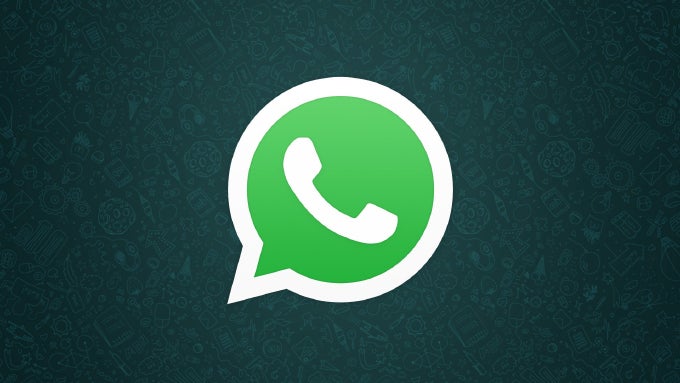UK government calls for restricting end-to-end encryption in messaging apps in wake of London terrorist attack

“We need to make sure that organizations like WhatsApp don’t provide a secret place for terrorists to communicate with one another,” Rudd told the BBC on Sunday. “[...] We need to make sure our intelligent services have the ability to get into situations like encrypted WhatsApp.”
Of course, the statements of both were met with a strong response from civil right liberties groups and security experts.
Although a full ban on end-to-end encryption is unfeasible, it is currently unclear how the British government intends to handle the situation.
In early 2016, the FBI demanded an iMessage backdoor from Apple after the San Bernardino attack but went on to crack the app's encryption by other means after the Cupertino, California-based tech giant refused to hand the key.
source: BBC
Follow us on Google News












Things that are NOT allowed:
To help keep our community safe and free from spam, we apply temporary limits to newly created accounts: